Introduction
Quality sleep is vital for maintaining physical health, mental alertness, and emotional stability. As technology advances, innovative sleep solutions like smart pillows and air-adjustable mattresses are transforming the way we rest. These devices combine intelligent sensors, adaptive features, and data-driven insights to provide personalized sleep environments. This article delves into the latest trends in sleep technology and their benefits for modern consumers seeking restorative rest.
The Rise of Smart Sleep Devices
In the quest for better sleep, consumers are increasingly turning to smart devices that monitor, analyze, and optimize sleep conditions. Smart pillows, such as the Nitetronic anti-snore pillow, utilize sound and motion sensors to detect disturbances and automatically adjust positioning to minimize disruptions.
Similarly, air-adjustable mattresses, like the T3 Pneumatic Bed, incorporate inflatable air chambers that allow users to customize firmness levels and adopt zero gravity positions. This adaptability helps relieve pressure points, improve circulation, and reduce discomfort during sleep.
How These Technologies Enhance Sleep Quality
- Personalized Comfort: Smart pillows adapt to individual head and neck contours, providing tailored support that reduces strain and enhances comfort.
- Snoring Mitigation: Automated position adjustments actively reduce snoring episodes, creating a quieter sleeping environment.
- Pressure Relief & Pain Reduction: Air mattresses allow precise control over firmness, relieving pressure on joints and muscles.
- Sleep Data & Insights: Built-in sensors collect data on sleep stages, movements, and breathing patterns, empowering users with actionable insights to improve their sleep habits.
Benefits for Sleep Patients and Enthusiasts
- Improved REM sleep: Enhanced comfort and fewer interruptions promote deeper REM sleep cycles.
- Reduced Sleep Disorders: Devices help manage mild sleep apnea, positional snoring, and other common issues.
- Enhanced Overall Well-being: Better sleep quality results in improved mood, concentration, productivity, and health.
The Future of Sleep Technology
The integration of AI, machine learning, and Internet of Things (IoT) technologies will lead to even smarter sleep environments. Future devices could automatically adjust temperature, humidity, and ambient noise levels based on individual preferences and environmental conditions.
How to Choose the Right Sleep Technology
Consider your unique sleep needs, budget, and compatibility with other smart devices. Look for clinically validated products with positive user reviews and comprehensive features such as sleep tracking, automatic adjustments, and mobile app support.
Conclusion
Smart pillows and air-adjustable beds are revolutionizing sleep comfort and health by providing tailored solutions that adapt to individual needs. As technology continues to advance, sleep environments will become more sophisticated, helping millions wake up refreshed and energized daily.

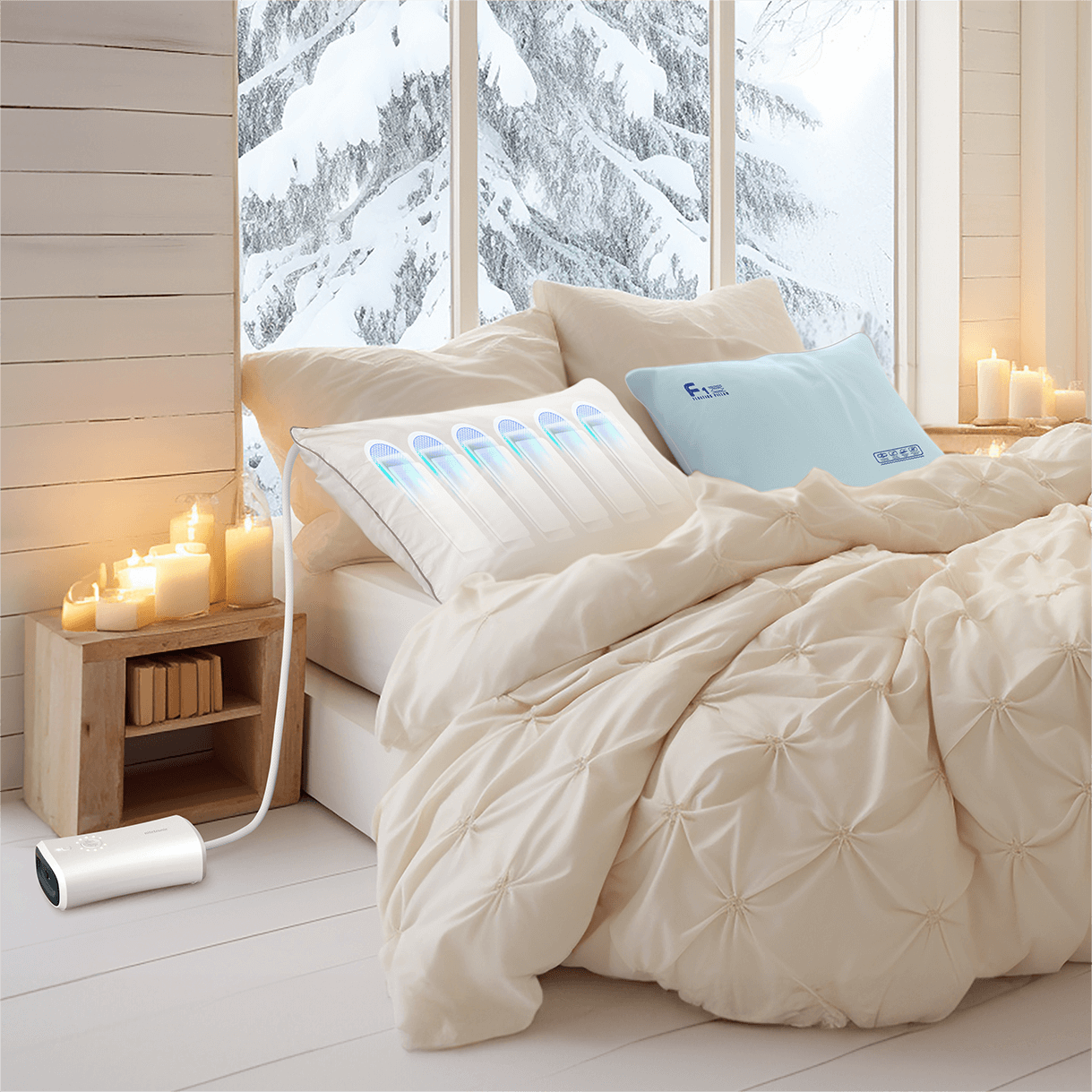

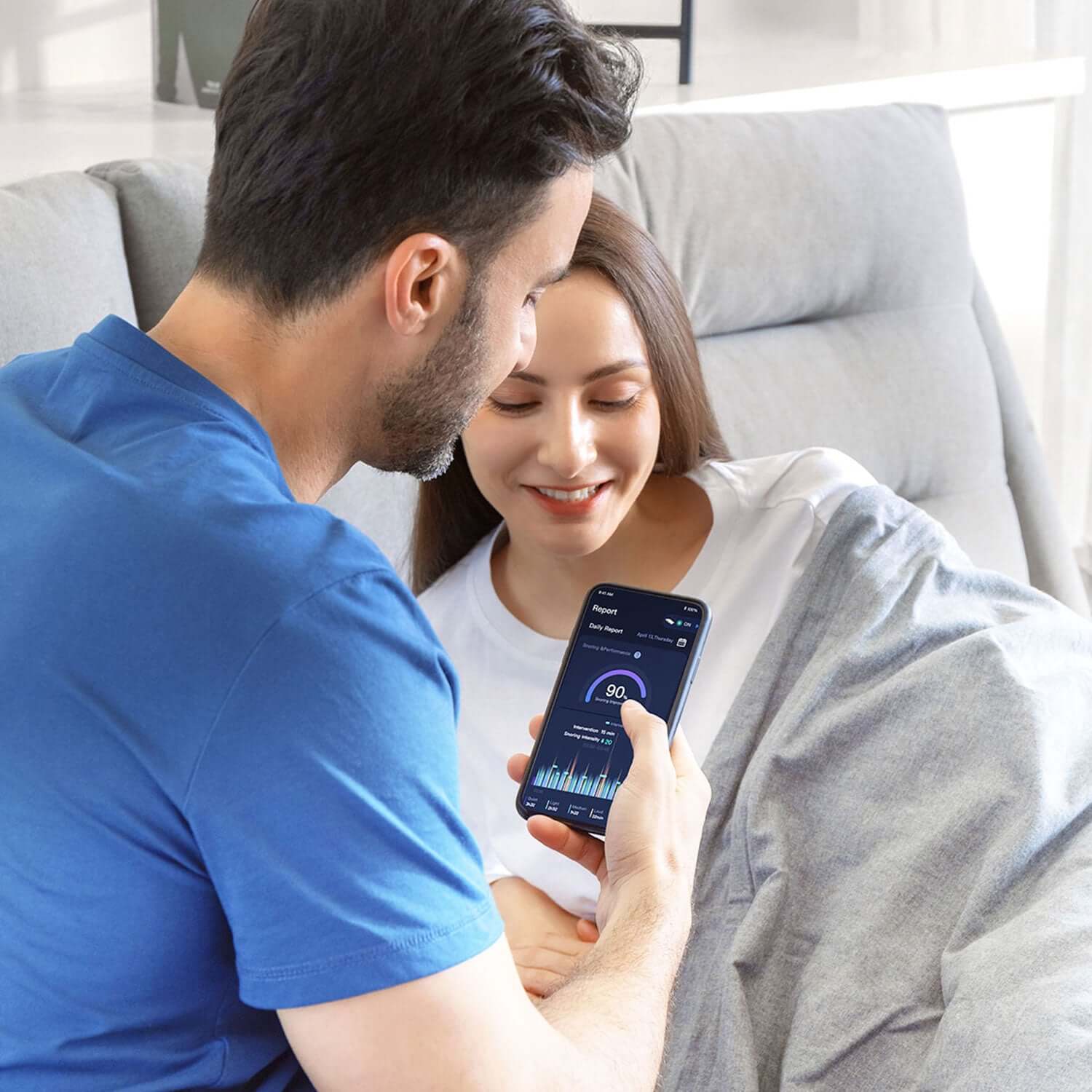
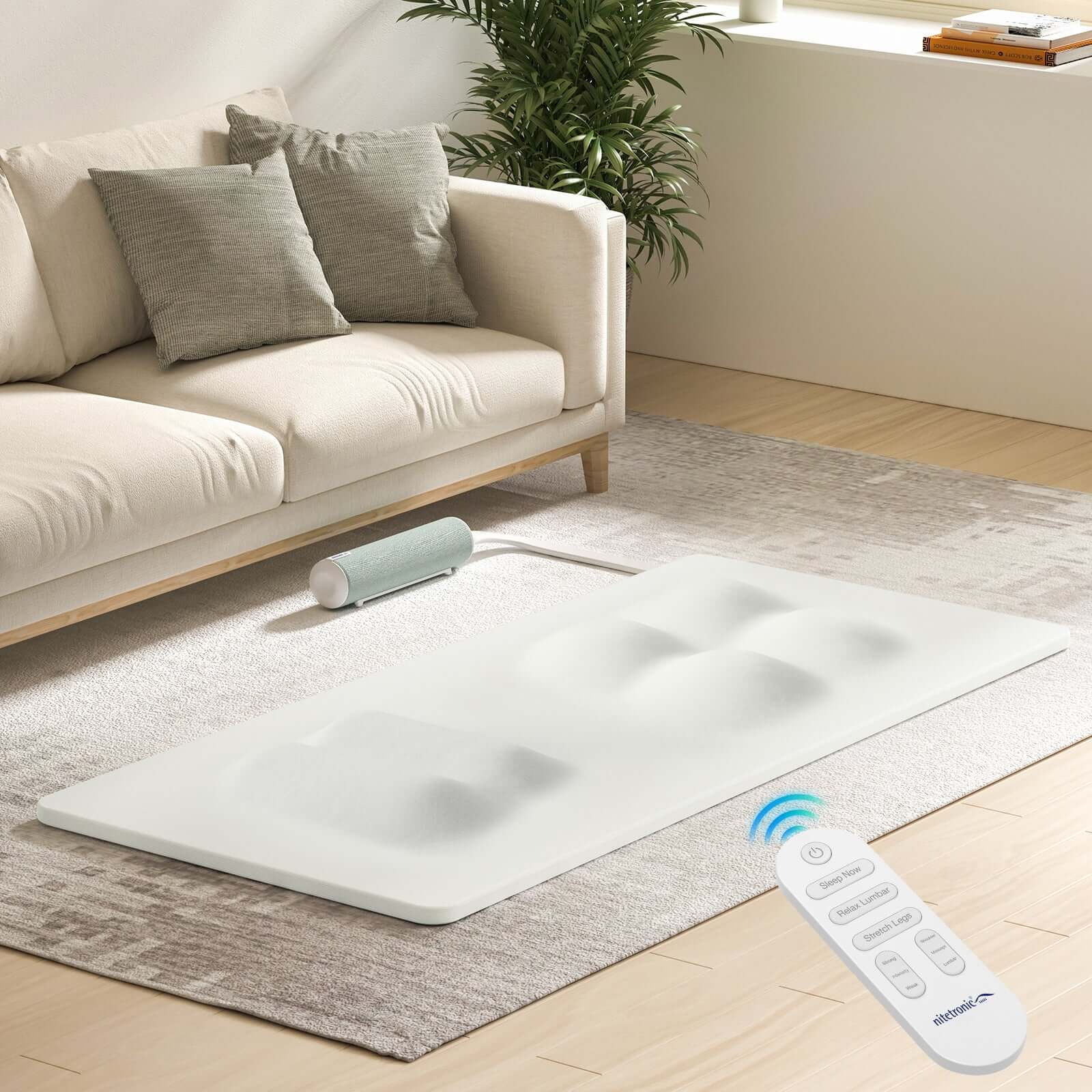
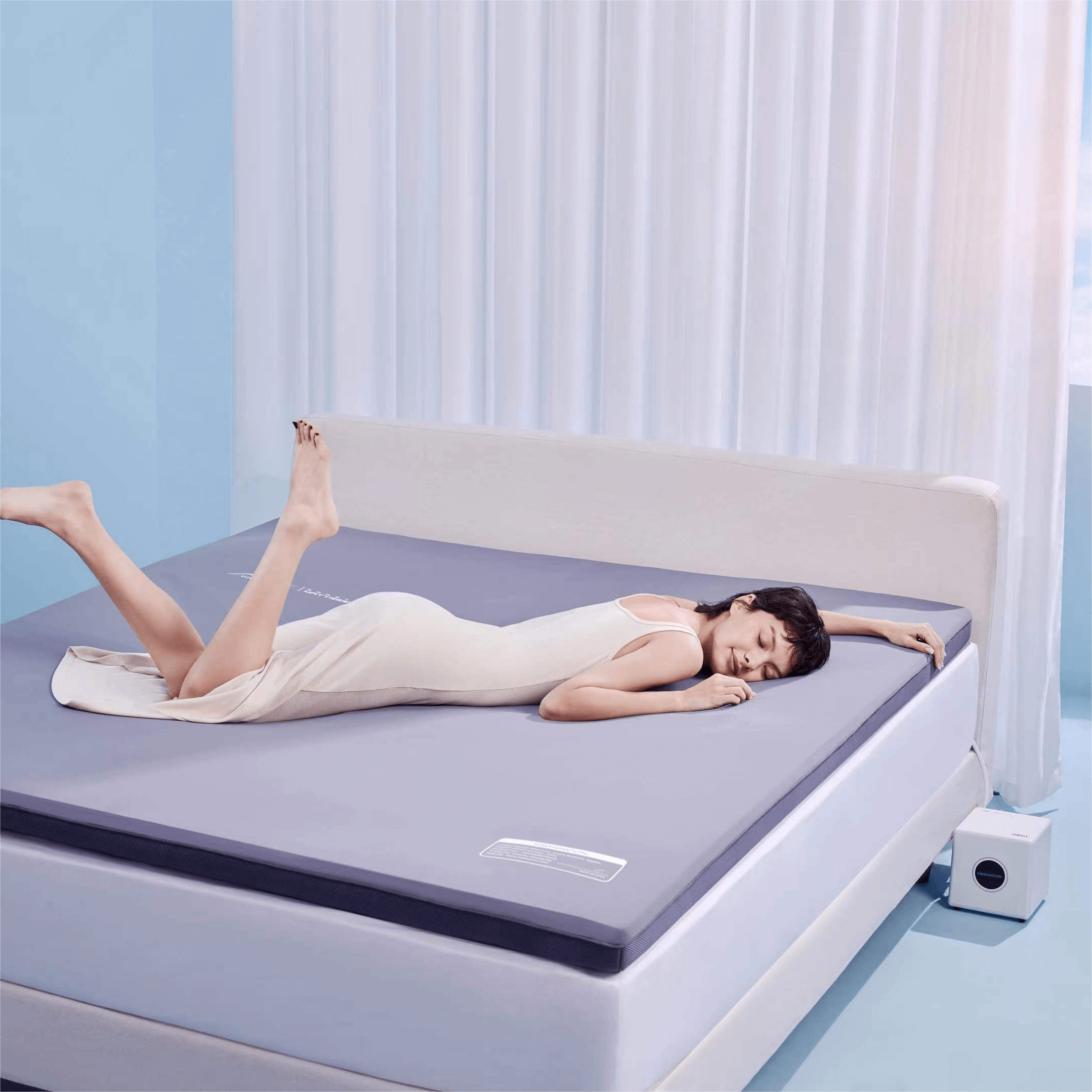
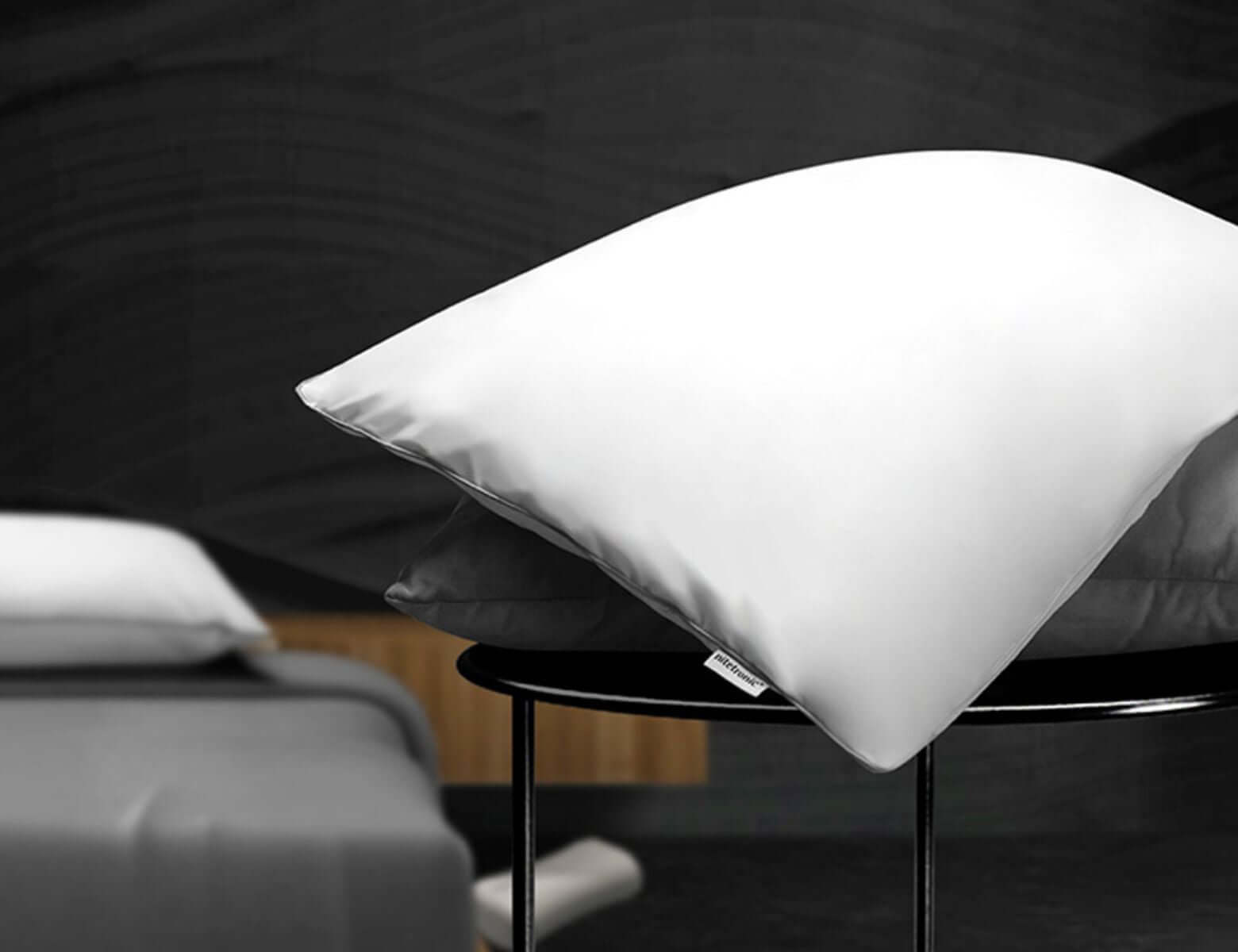


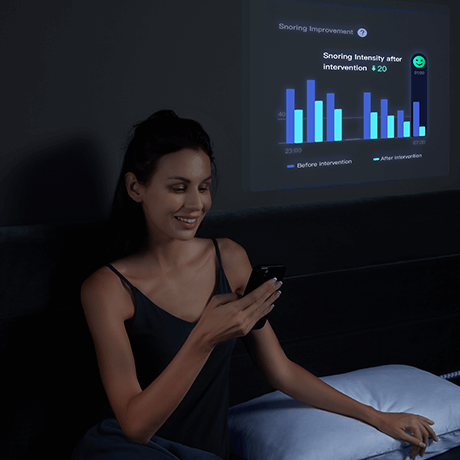
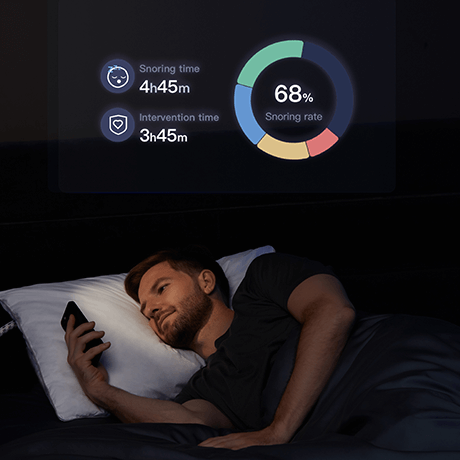
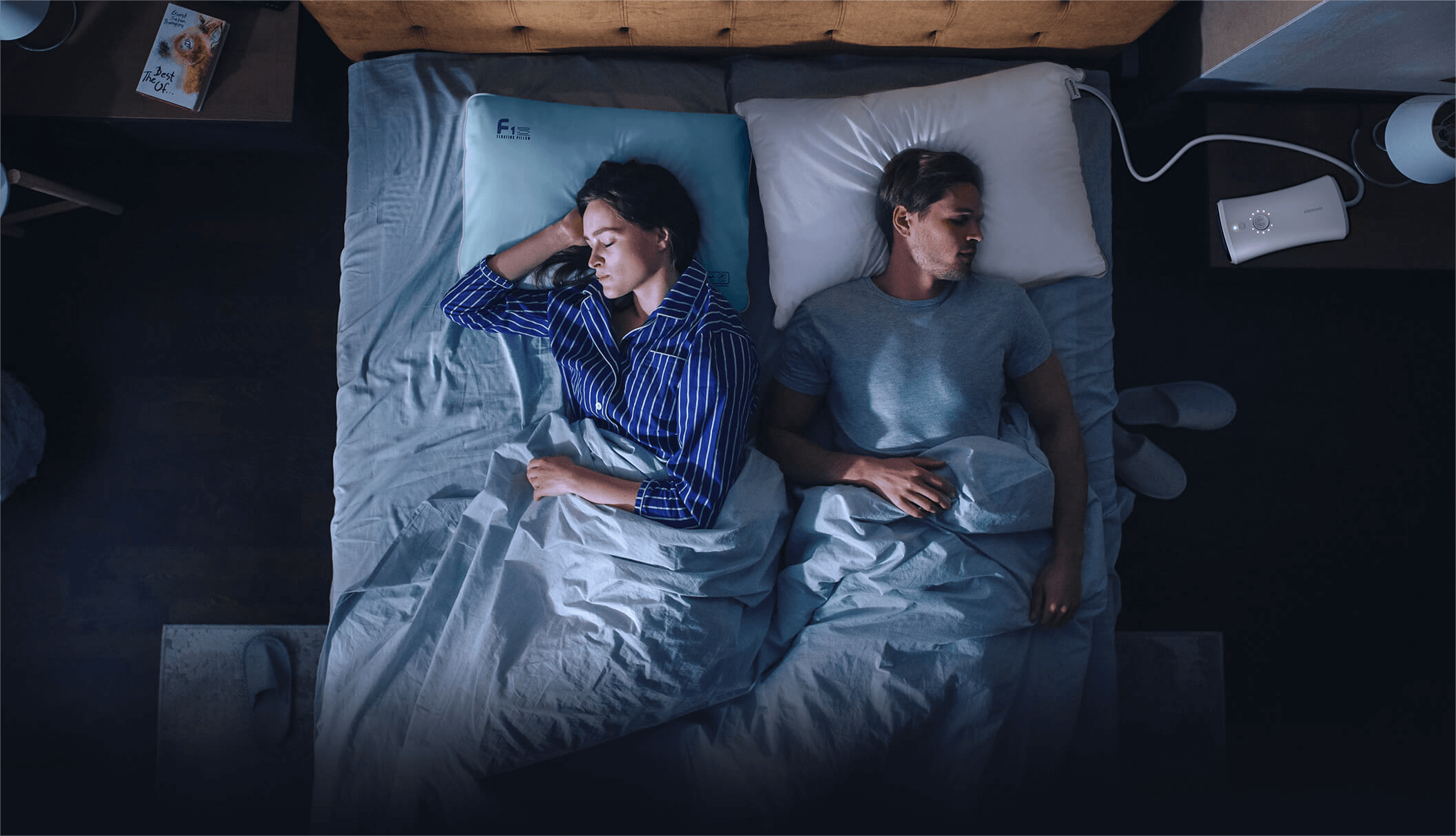


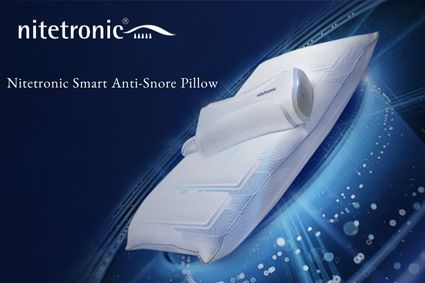
Leave a comment
This site is protected by hCaptcha and the hCaptcha Privacy Policy and Terms of Service apply.